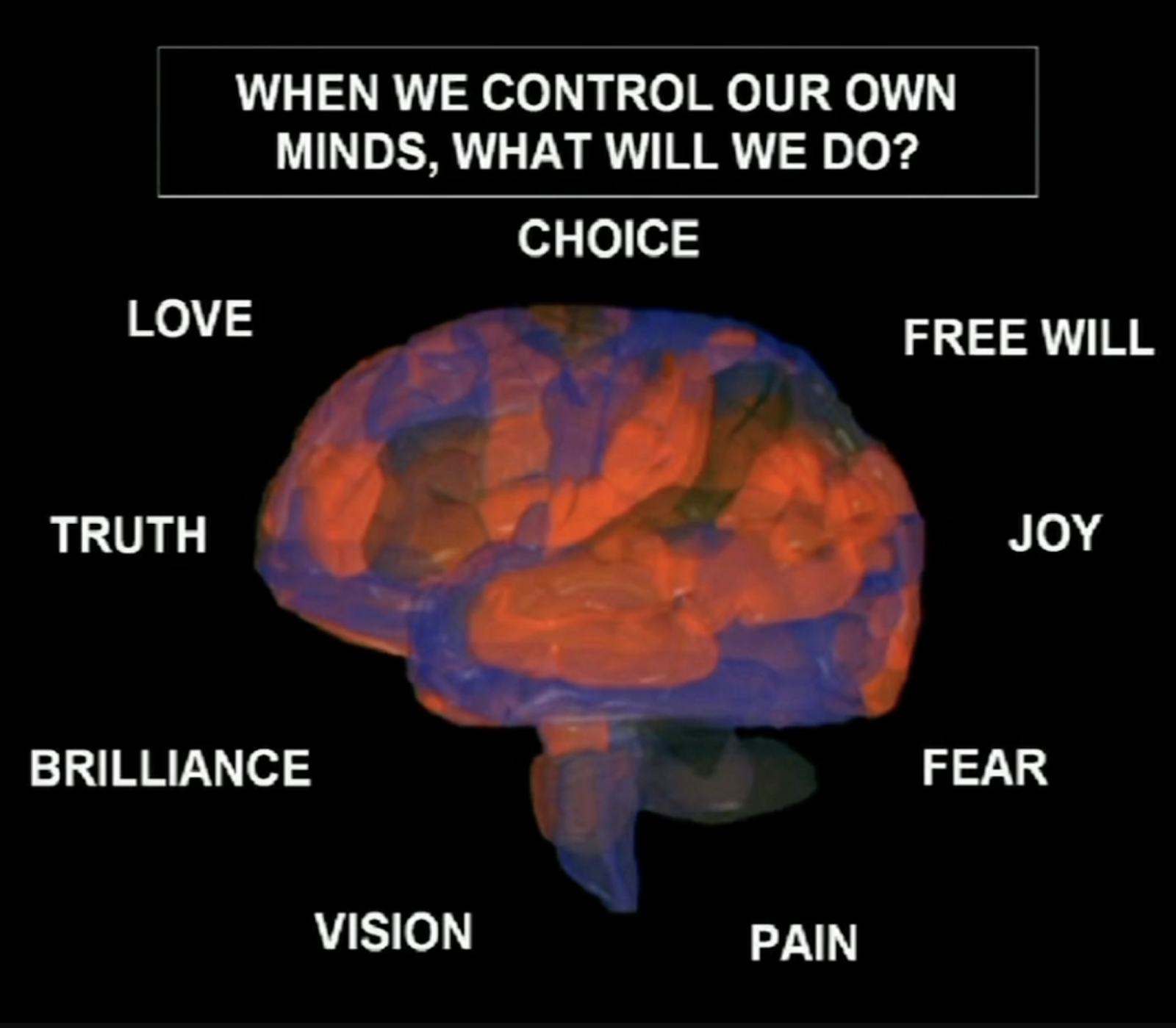Week 7- Neuroscience + Art
Often, when we think of our subconscious, we don’t necessarily consider all our thoughts at once, nor do we fully understand how our brain functions. This week’s lectures focused on trying to understand that aspect. We delved into understanding the conscious mind and how our brain can perform various functions.
Dr. Vesna started her lectures by talking about Aristotle and his understanding of the brain. Aristotle believed that the brain was a simple and not particularly important organ and that our thoughts were controlled by the heart. He might have thought this because we often feel emotions physically in the chest area, leading him to conclude that emotions come from the heart, as many of our expressions still suggest.
Following Aristotle’s thoughts, we explored Freud’s theories about the conscious and unconscious mind. Freud viewed the unconscious mind as a place of mystery, an 'alternate reality.' Speaking of alternate realities, cocaine and LSD were substances that were newly discovered around Freud's time. He began exploring the unconscious mind further by testing cocaine. When he discovered its properties to alleviate sickness, it was incorporated into many prescriptions until people began getting addicted. The same happened with LSD.
I find all these factors interesting, especially since we aren't often taught about the origins of these drugs, but rather that we shouldn’t use them. In the TED talk by Christopher, he discussed what we can control in our minds if we were able to view our brain in the same way that we can flex a muscle by thinking about it. With this in mind, perhaps it could be another way to address mental and physical disabilities, similar to how they thought cocaine would work, but in a 'natural' way.
References
deCharms, Christopher. "A Look Inside the Brain in Real Time." TED, Feb. 2008, www.ted.com/talks/christopher_decharms_a_look_inside_the_brain_in_real_time?language=en. Accessed 17 May 2024.
UCLA Academic Technology Services. "Freud’s Psychoanalytic Theory on Instincts: Motivation, Personality and Development." YouTube, 13 Feb. 2013, www.youtube.com/watch?v=RF0Qt7L2-kM. Accessed 17 May 2024.
Vesna, Victoria. “DESMA9 Week 7 Lecture Part 1.” 17 May. 2024.
Vesna, Victoria. “DESMA9 Week 7 Lecture Part 2.” 17 May. 2024.
Vesna, Victoria. “DESMA9 Week 7 Lecture Part 3.” 17 May. 2024.



Comments
Post a Comment